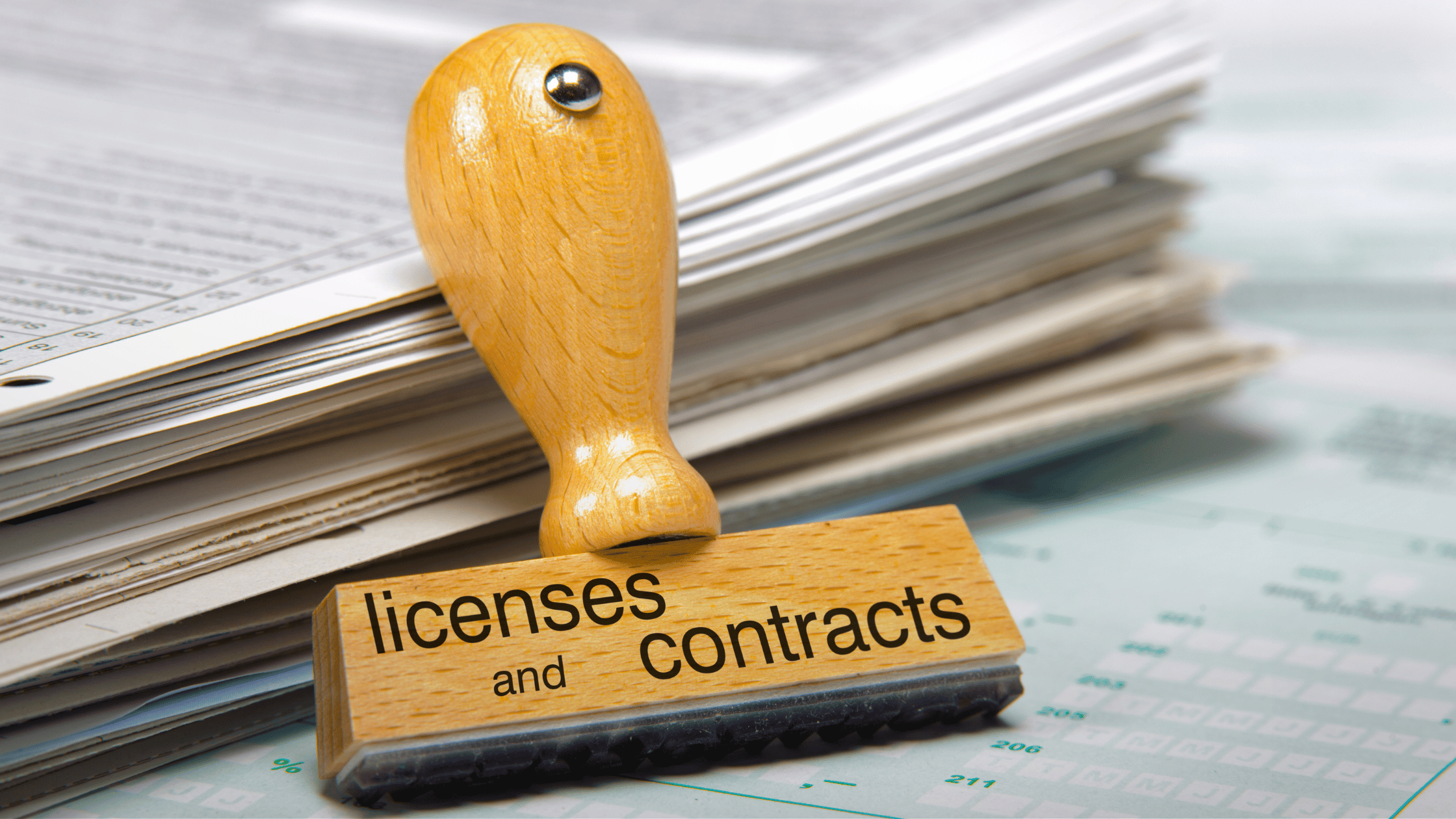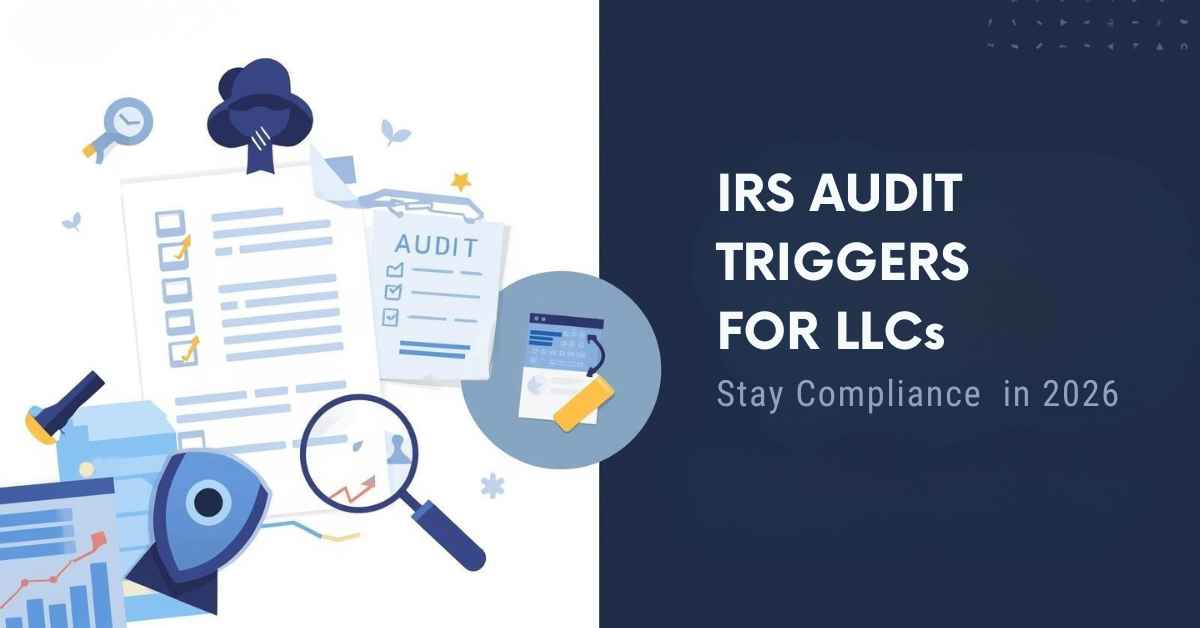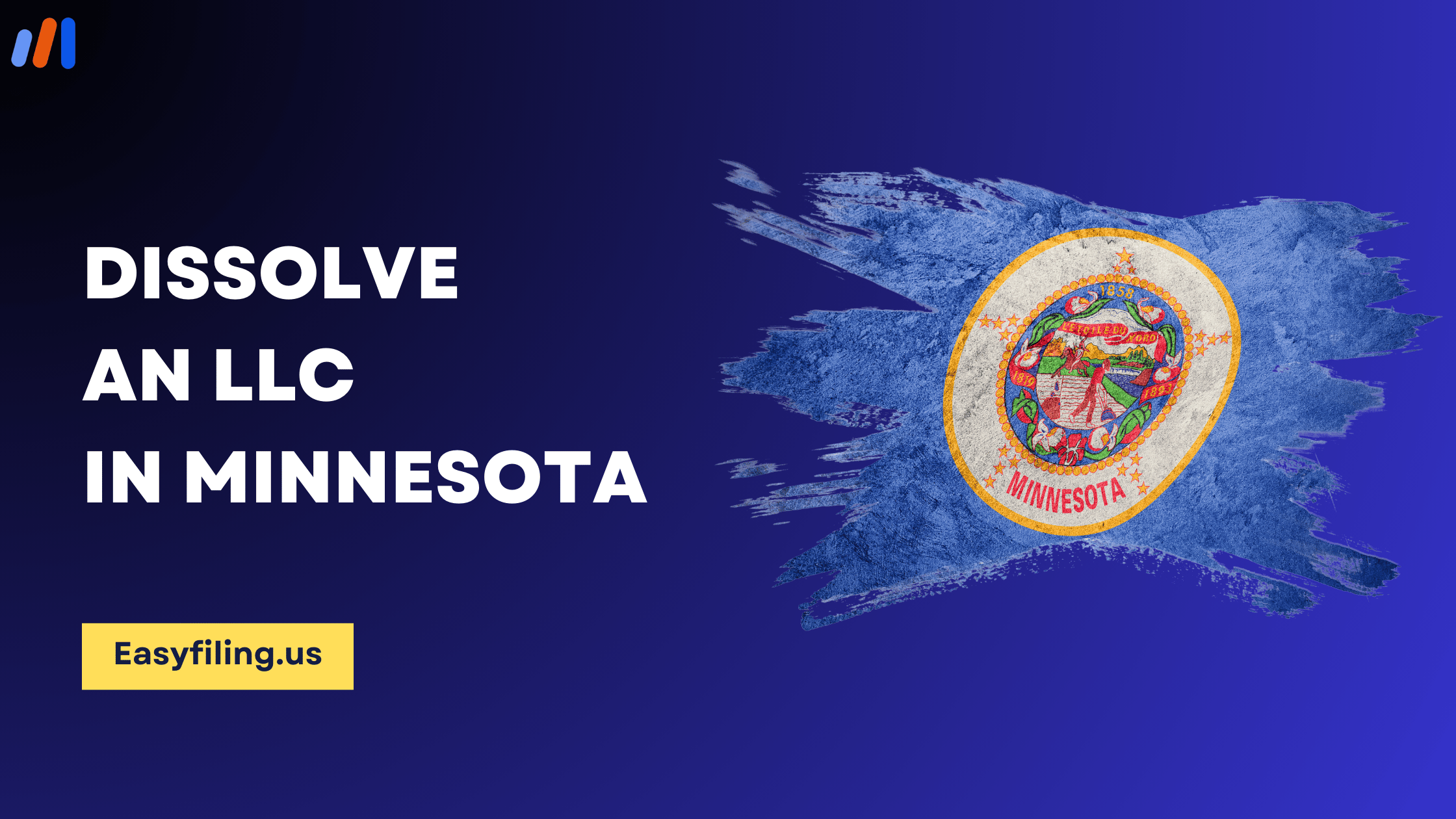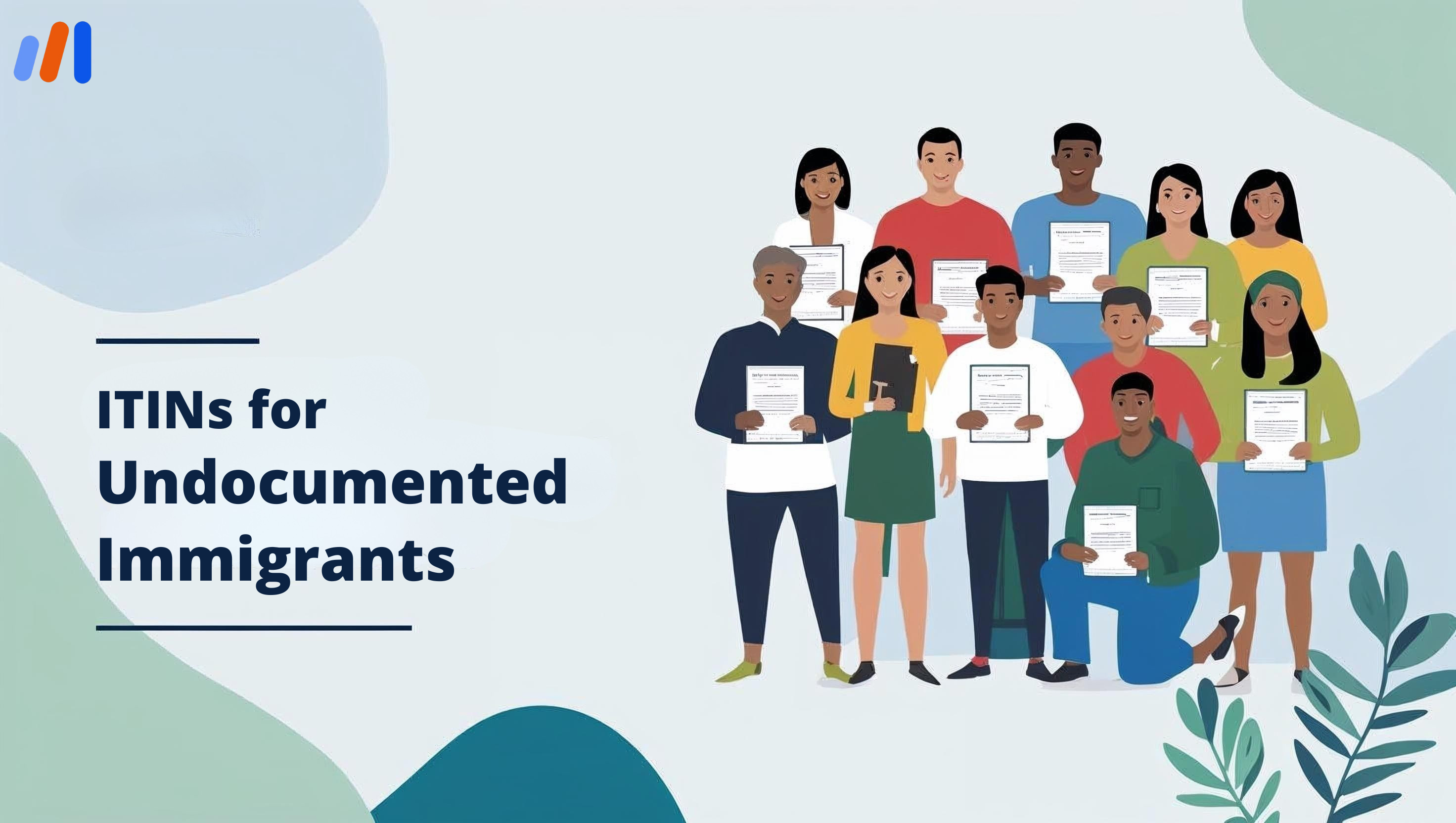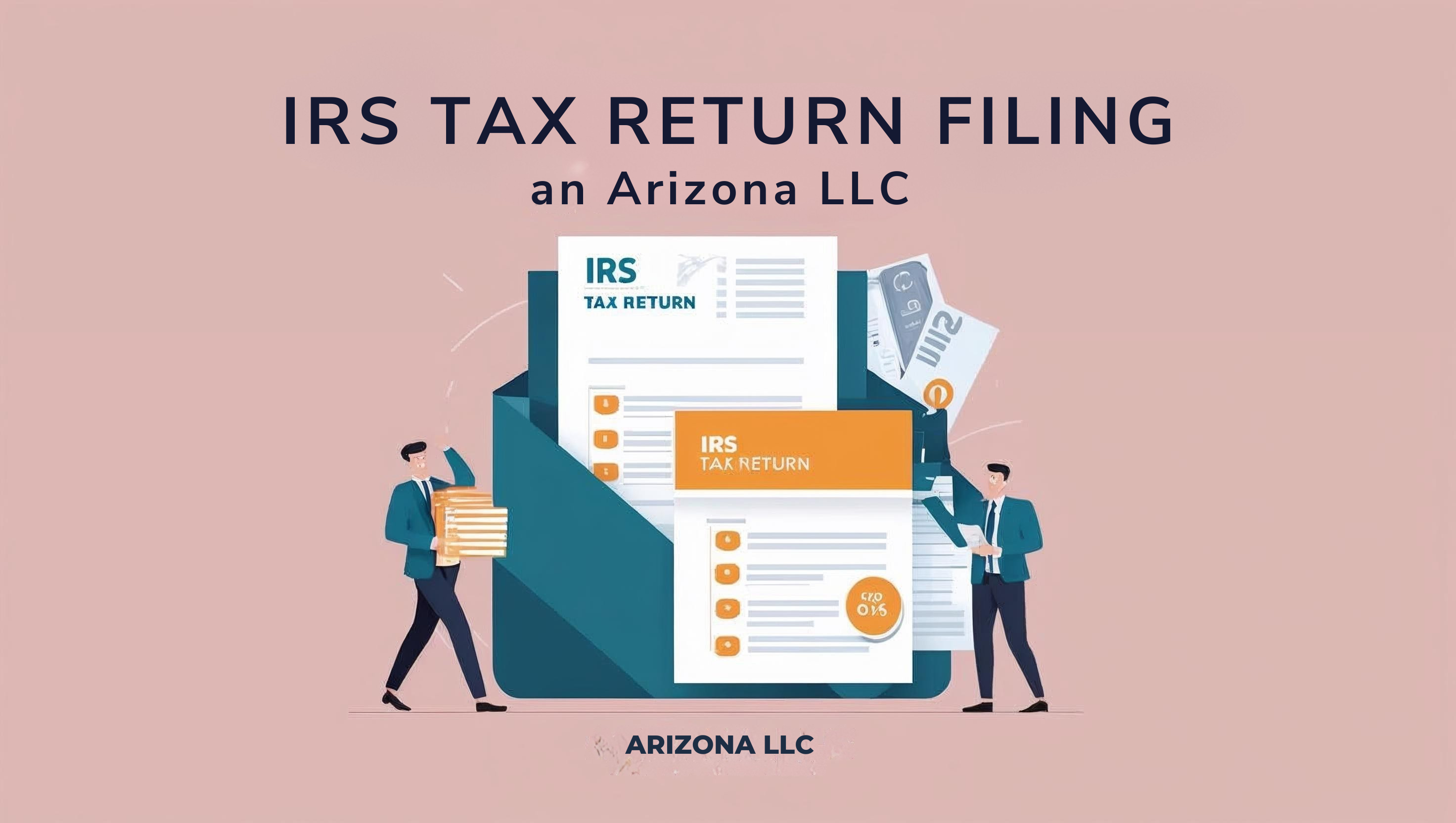Creating a Limited Liability Company (LLC) is one of the most crucial steps in running a business. This kind of corporate structure has various benefits among which is the limitation of personal liability meaning your personal property is protected against the obligations of the business. You will also have the freedom to decide how your business will operate.
In addition, they pass the income and losses through to their tax returns avoiding the double taxation that corporations suffer.
Nonetheless, it is crucial to note that registration of an LLC does not give you an automatic right to engage in business activities. In all forms of incorporation, your business must adhere to local, state, and federal laws and regulations which often entail the procurement of extra licenses and permits.
The Role of Business Licenses and Permits in Compliance
Applying for the appropriate licenses and obtaining the requisite permits is essential when conducting business. The specific type and number of licenses will depend on the legal structure of the business, its location, its industry, and the activities that the business engages in.
In the following sections, we outline the various licenses and permits that ought to be secured by an LLC owner for the company to be compliant:
1. Local Business Licenses

Local business licenses rank high on most LLC operating requirements. Local business licenses are issued by the city or county where the business is situated to ensure that local zoning, health, safety, and tax requirements are adhered to.
What Is a Local Business License?
In a specific municipality or county, a local business license authorizes you to do business in these areas. This implies that your business is by the zoning laws, public safety rules, and other relevant community standards and has the approval of local authorities.
Common Local Requirements
General Business License: This license enables all businesses to undertake their intended operations legally within a certain city or county. This license assures that the business is recognized in that region and has been allowed to operate there.
Zoning Permits: In case you wish to run your business out of a place such as an office, a storefront, or even a residential premises, it is necessary to obtain a zoning clearance so that the business activities conducted are by local land use. Zoning laws control what kinds of activities can take place on land in designated regions (residential, commercial, industrial, and so on).
Home-Based Business Permit: Even if an LLC is operated from a residence, some units may still request permits so that the business does not violate the residential zoning of the area and create a nuisance to the neighborhood, especially in cases where interaction with clients or deliveries is involved.
How to Obtain a Local License
- Go to or visit the city or county government offices or their websites.
- Complete the form and attach all the necessary documents and fees payable (if any).
- Remember that local licenses usually have to be presented for renewal once every year and are expected to be paid within fifty thousand dollars to avoid being penalized.
2. State Level Licenses
Apart from local licenses an additional requirement that many corporations have is state licenses without which it is unlawful to run the businesses. These licenses range from state to state and are based on the type of business being done.
Certain State Licenses and Permits
Professional Licenses: Particular professions such as healthcare professionals, lawyers, accountants, and real estate agents come under a state license. Such licenses ensure that a given person or business has the education and professional requirements of the profession.
Occupational Licenses: Professions of skilled trades such as electricians, plumbers, beauticians, contractors, etc. also require a state-licensed certification or license for the safety and competence of the area.
Sales Tax Permit: Agreements to obtain a permit in selling and usage for sales of goods and services. A reseller’s certificate is required in most states if trade businesses involve selling products or services. This enables sales tax to be charged from customers and paid to the states.
Alcoholic Beverage License: Any establishment that sells and serves alcohol to customers such as bars, restaurants, and liquor stores is needed to get this type of license from the state’s alcohol beverage control.
How to Obtain a State License
- Go to the website of your state’s business registration or business licensing district.
- Utilize their website with the specification materials in compliance with that particular industry.
- Fill in application forms and practice all the necessary aspects such as background checks, training, or certification, if applicable.
3. Federal Licenses and Permits
Most businesses do not require federal licenses but certain industries require from their practitioners federal regulation. If your LLC is in this type of industry, then obtaining the requisite federal licenses is a matter of necessity.
Industries That Require Federal Licenses
Agriculture: Businesses engaged in the breeding, processing, or marketing of animals and animal products such as transporting livestock or growing crops, may have to apply for licenses issued by the United States Department of Agriculture.
Alcohol and Tobacco: All manufacturers, wholesalers, and retailers of alcohol and tobacco are required to possess a permit from the Alcohol and Tobacco Tax and Trade Bureau (TTB).
Transportation and Logistics: Trucking enterprises, forwarders, and logistics providers have to comply with Department of Transportation (DOT) rules and procedures to obtain the right to operate.
Energy and Mining: Firms engaging in oil and gas and mining activities might need to obtain a license from the Bureau of Land Management or other federal bodies.
How to Obtain Federal Licenses
- Determine which agency regulates your business (for example, FCC for telecommunications, FDA for food and drug industry).
- Go to the agency’s website and complete the prescribed process of application.
- Expect to be required to undergo agency federal inspection, certification, or audit.
4. Related Licenses and Certifications in Specific Industry
Some industries need more licenses so that they can meet safety and regulatory requirements even without a general business license.
Examples of Industry-Specific Permits
Health Permits: Businesses providing food service including but not limited to restaurants, caterers, and food trucks have to acquire health permits from the local health departments, to facilitate food safety concerns.
Environmental Permits: Businesses that fall in areas such as manufacturing, waste disposal, and hazardous material may be required to have specialized environmental permits to adhere to laws on air, water, and waste management.
Fire Department Permits: When a business is housed in a room that is meant to accommodate several clients, for instance, a theatre, stadium, or concert deserving a large audience, the owner may be required to get a fire safety permit from the fire department to comply with fire codes.
How to Obtain Industry-Specific Permits
- Focus on how the laws are innovative in your specific business industry, whether state, federal, or the local community.
- Attend any training sessions or pass additional required safety tests that are outlined by the appropriate governing agency.
- Send out applications together with the required papers to the relevant authorities which govern your area.
Non-adherence and Consequences
Not acquiring the licenses and the permits that are required is subject to heavy penalties and this can be detrimental to the business.
Consequences of Operating Without the Necessary Licenses
- Fines and Penalties: All the authorities, local, county, and federal can charge fines for an unlicensed operation, and the charges can be hefty if they pile up.
- Closure of Business: A business can be shut down by the local jurisdiction in case the business does not have the needed licenses. This leaves the business no option but to stop all activities.
- Litigation Risks: Delivering services or products without the acquisition of necessary permits engages the LLC in furthering those business activities in violation of regulations, which in turn exposes the company to lawsuits that can be detrimental to the image and resources of the company.
Steps to Know the Licensing Required
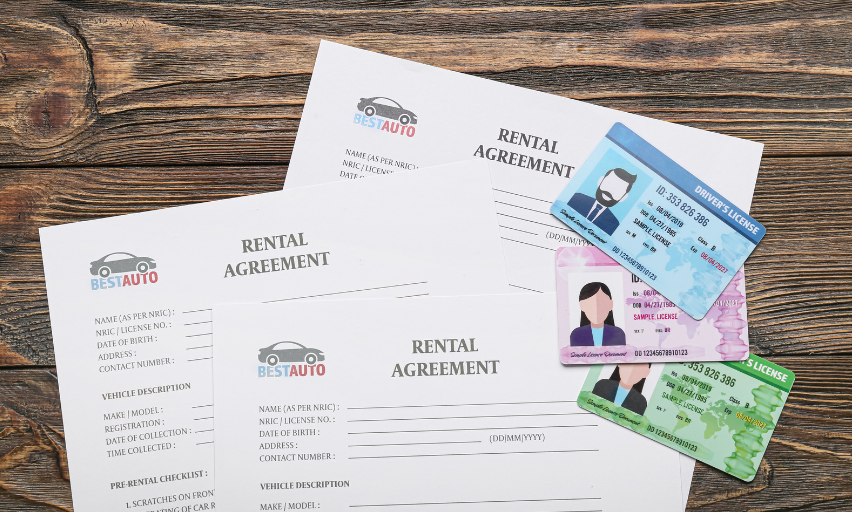
Data on which licenses and permits go with your LLC has to be properly researched for and appropriate planning done to achieve it.
How to Find Out What You Need:
- Outline Business Activities: Examine what your business does, how it operates, and where it is based strategically and concisely.
- Find Out the Local Requirements: Call your local authorities or search websites to find what origins licenses you have to satisfy.
- Refer to the State Resources: Check their Congress’ Representative and Senator directories, websites and those of state governments, and the resources page of the MDE.
- Check the National Laws: Ascertain if your operation’s scope is licensed at the national level of government and apply for those appropriate licenses.
- Ask For Assistance: If you are still in doubt about the licensing you require, a business lawyer or licensing agent may be of assistance in clarifying your questions.
Benefits of Securing a Business License
Getting the necessary permits and licenses comes along with several benefits for your LLC:
- Credibility: Customers, investors, and business partners are more likely to trust businesses that have licenses.
- Legal Protection: Adhering to the laws and regulations helps lower the chances of incurring fines or being sued or closing the business altogether.
- Access to Opportunities: A lot of contracts, especially in the government or in large corporations require evidence of sufficient licensing.
Costs and Renewal Requirements for Licenses
Different kinds of licenses and types of authority will have different costs and therefore permits and licenses necessary for doing business normally attract some fees. Most of the permits have an expiration date and a period for renewal, failure to do this will attract a fine for the person.
- Initial Fees: The application process of getting a business license is not charged the same amount depending on the state or the type of business as most, it may range from a few dollars to hundreds of dollars.
- Renewal Fees: Most of these types of licenses will require the holder to pay for a renewal every year or in some cases, two years, and the original fee is usually the same or marginally higher than the original fee.
- Consequences of Non-Renewal: Late renewals for the officer in charge may lead to penalties, tardy renewals, or even suspension of the license.
Conclusion
The formation of an LLC although a necessary first step in establishing your business and commencing your operations, turning your focus toward acquiring the required licenses and permits is equally important.
Be it local business licenses, state permits, federal certifications, or industry-specific licenses and approvals, fulfilling these requirements will not only prevent your business from any form of legal trouble but will also enhance your trust level among customers and other stakeholders.
In case you would like assistance in understanding how to obtain a license for an LLC, or would like assistance in determining specific requirements of your state or the industry of your business, get in touch with me! Easyfiling would be more than willing to help you.
Book a free consultation for clear guidance on setting up your LLC or getting business licenses.
File Your LLC Today
25$ off with a coupon
Lock in EasyFiling's transparent rates and get lifetime compliance support at no extra cost.
Get Started Now